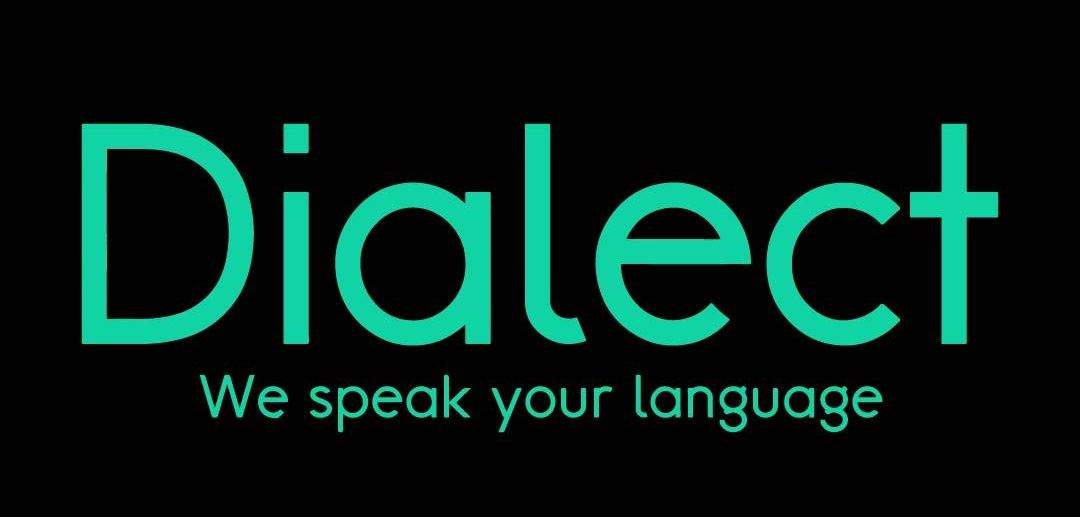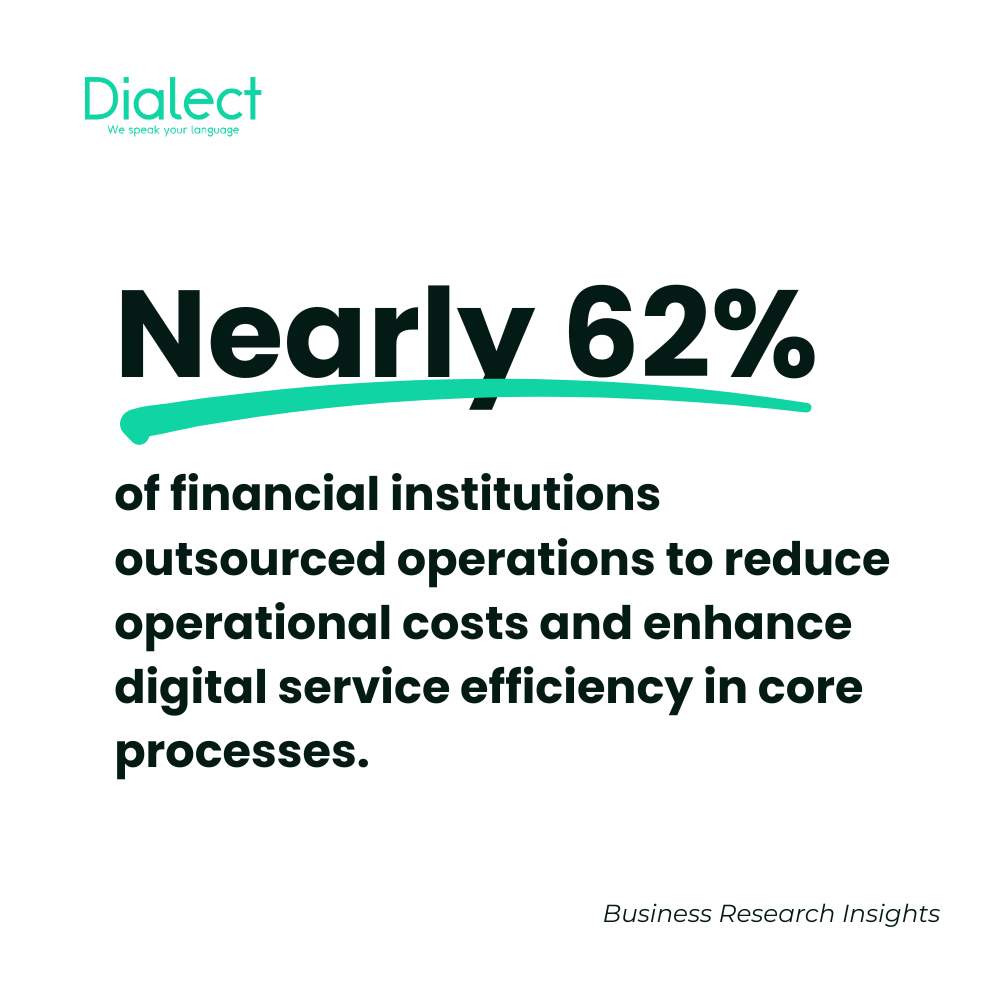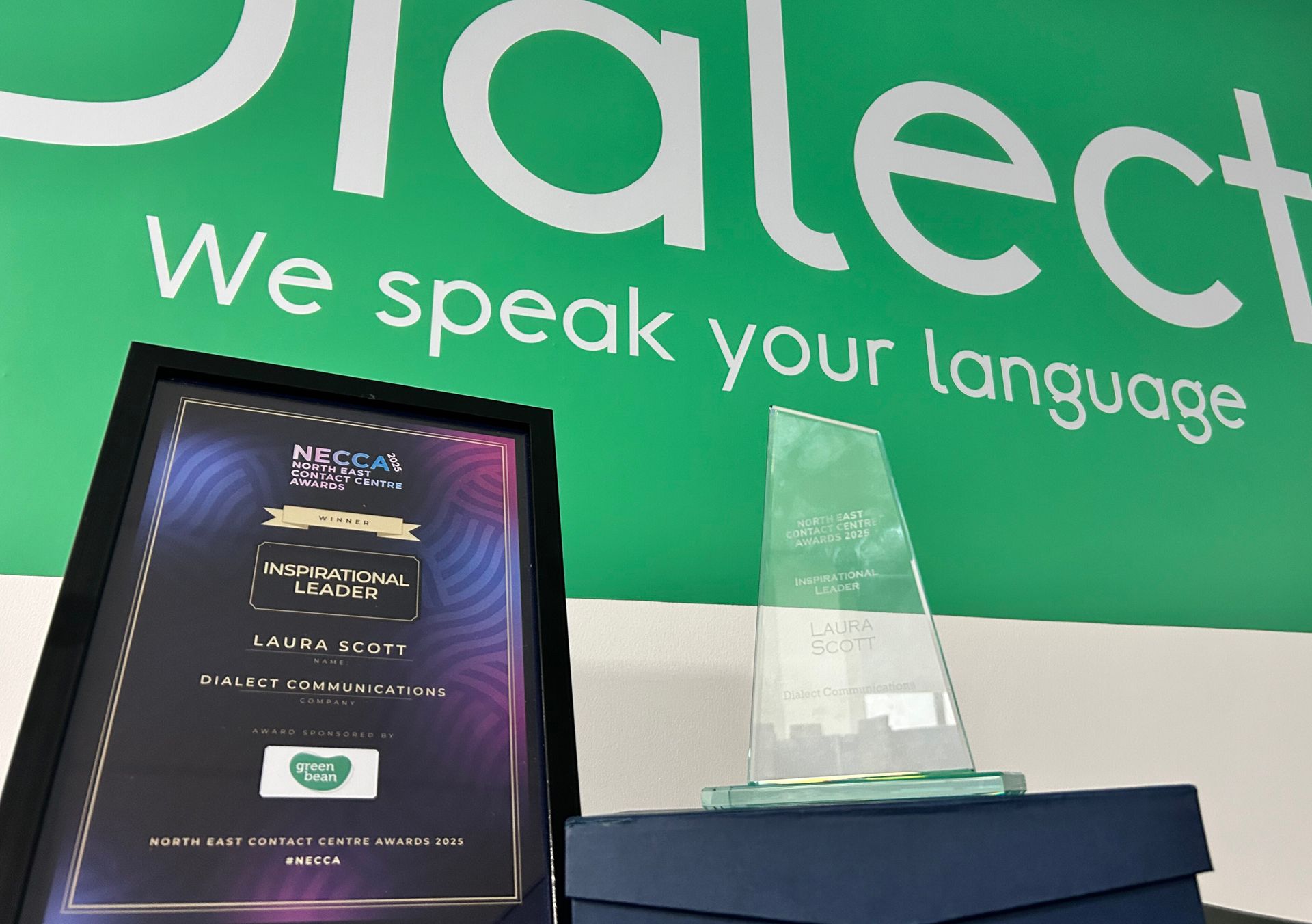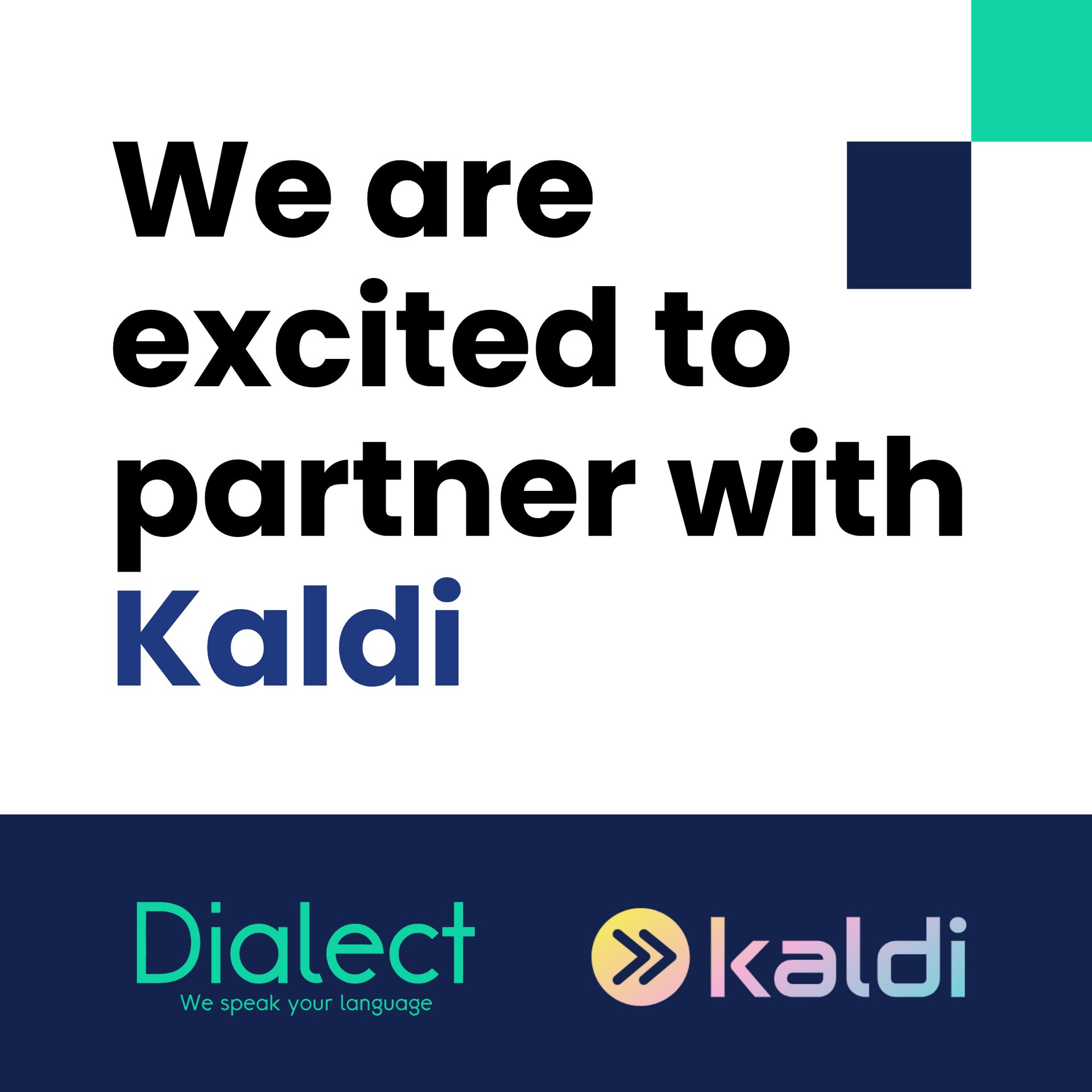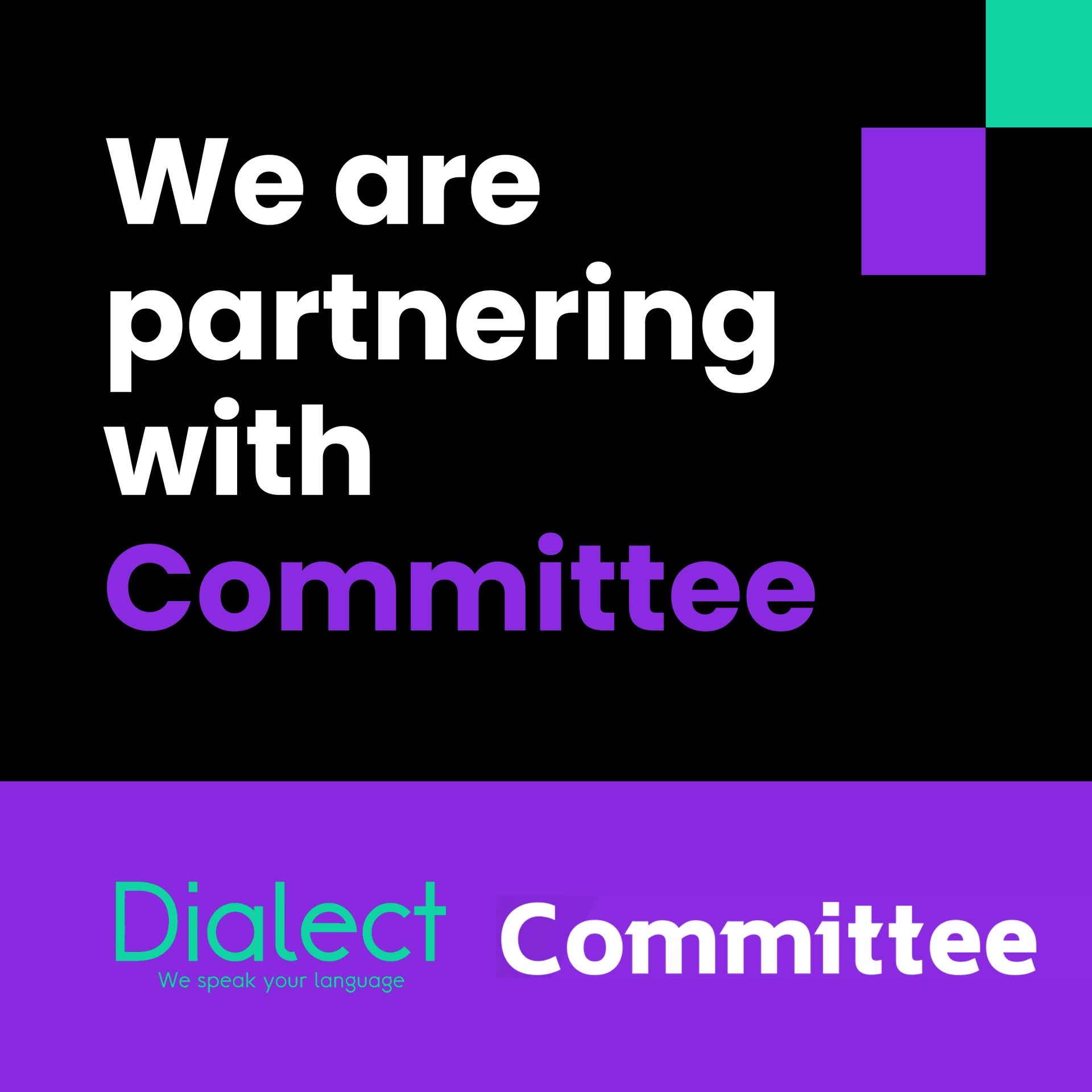Choose the right people with the right expertise and technology. A guide all about outsourcing benefits, tips and myths and misconceptions.
An interview with our Chief Operating Officer (COO), Laura Scott
When companies opt to outsource customer support, they can effectively concentrate on business growth while skilled professionals handle customer support operations. Utilising cutting-edge technologies and bringing a wealth of knowledge and vast experience specialists ensure the delivery of seamless customer experiences.
We couldn’t find a better fit than our Customer Experience Guru, Laura Scott, Chief Operating Officer at Dialect to talk about all things outsourcing
With our Chief Operating Officer’s extensive expertise in the customer support sector, we will explore various questions you might think of before, but never quite found the answers to. Laura will delve into the significance of offering seamless customer solutions whilst exploring why outsourcing is beneficial where in house operational resources are limited or when the primary focus is on the core business functions.
Coupled with her customer experience knowledge, Laura has within the Fintech and Payments sectors, advocating the importance of the seamless customer experience at events, webinars, whitepapers and reports and why it is an integral component to any success payment solution.
Before moving to the in-depth subject of outsourcing, what does it really mean to outsource the contact centre support?
Outsourcing your contact centre support is about prioritising your customers' needs while also focusing on your business needs and allowing a specialised third party in the customer support sector to handle it. Choosing the appropriate outsourcing company is crucial, as businesses need to ensure that the third-party company becomes an extension of their brand, rather than just a typical client-partner relationship. We find our clients hold the same values as Dialect when it comes to looking for a partner, open, honesty, trust and a deep routed knowledge of the payments industry.
When choosing an outsourcing company for your contact centre support, it is important to prioritise finding a partner that understands the unique needs and preferences of your customers. No client solution is the same, every client and the customers are unique and in turn the services we offer are aligned to this, we don’t offer any off the shelf solutions to our clients. We spend a lot of time really understand our clients, and in turn their customers, and this approach is throughout the entire partnership.
You said choosing the appropriate outsourcing company is crucial, so how we can find the appropriate company and what are the main benefits of outsourcing customer support when finding the right outsourcer?
Finding the ideal outsourcing partner involves aligning with your business needs but more significantly, aligning with your customers’ needs. Aking the right questions and in turn aligning solutions that address challenges is critical – how do your customers make contact, when, how often and why are some of the fundamental questions, then its delving deeper through exploratory sessions. Also, technology plays an important role as the outsourced partner must have a technology stack that is built not just to route queries correctly, but also to provide analytics and reports based on interactions with your customers.
Collaborating with the right outsourcer provides numerous benefits, increased customer satisfaction and engagement, bring new insights, different, investment in leading technology solutions, boosting efficiency, improving ROI, and ultimately elevating customer satisfaction, leading to improved business outcomes.
For me, above everything is trust, your clients must have high levels of trust as outsources are handling their most important asset, their customers.
Here are Laura’s key areas that companies should ask themselves before outsourcing;
Prepare in advance
Develop a detailed plan to cover all the business and operational goals, objectives and expectations of the outsourcer. Having clear objectives supports you in getting a solution that is designed specifically to your requirements. This also removes any ambiguity or surprises later down the line that impact the partnership.
Prioritise expertise
Ensure the company you are looking to outsource with has the right expertise, knowledge, and experience to respond to your customer support needs. Look for outsources who have specific experience in your industry as they will more likely understand your challenges and how to build solutions that work. Ask them for case studies and testimonials which they should always be happy to share.
Brand identity and voice
Your company’s brand identity is crucial, and it must be maintained through all the channels, internally and externally. Your brand and tone should be consistent throughout every point of customer interaction. It’s essential to share your brand guidelines with the outsourcer and ensure they will maintain your brand’s voice through all the communication with your customers. Ask to be involved or host dedicated sessions with their team to really embed your brand.
Maintain a proactive communication with your partner
Ongoing communication with the outsourcing partner is crucial, allowing you to discuss progress, pain points and strategies to support, but also share updates, reports, and analytics about interactions with your customers and touchpoints.
Personalisation is key
Make sure the outsourcer can provide personalised solutions based on your business and customer needs. Also, ensure they can easily scale their services as you grow and expand to new territories. No solution ever looks the same, clients and their customers' needs will differ and a great outsourcer should identify this and share a bespoke solution. And personalisation can come in many different forms, from the channels used, hours of operation, language skills and MI.
What are the common challenges outsourcers can overcome with ease?
- Language barriers – different languages and cultures can lead to miscommunication and might affect customer satisfaction. Companies that are looking to outsource must choose an outsourcer that provides support in multilingual languages with the opportunity to add the languages that your customers speak. Outsourcers have a unique ability to be able to scale teams quickly and efficiently but they also have access to leading tech to address those language challenges.
- Time zone challenges –Teams are already in place operating 24/7, so companies can offer high levels of continuous customer service but pass on economies of scale to clients.
Outsourcing has long been a topic surrounded by myths and misconceptions.
What are the most common myths and misconceptions about outsourcing?
Myth 1 – Outsourcing is just for large organsations
One common myth is that outsourcing is only beneficial for large enterprises, but in reality, businesses of all sizes can benefit from outsourcing by gaining access to specialised skills and resources that may not be available in house.
Myth 2 – Outsourcing takes longer than in house development
Another misconception is regarding the fact that outsourcing takes longer than in-house development, in most cases outsourcers bring a wealth of experience and expertise within the industry along with all the resources in place so they might finish your project faster than an in-house team as their focus is to delivery specific objectives. Often outsourcers already have the tools and resources in place that in house teams may have to build from the ground up.
Myth 3 – I might lose control over the project while choosing to outsource
I’d include here another myth, regarding the concern about losing control over the project if managed by outsourcing companies. This perception might be understandable, but choosing the right outsourcing partner guarantees adequate control, visibility, transparency, and ongoing collaboration. The outsourcer will become the extension of your company while maintaining your company’s brand voice through all the interactions with your customers. A good outsourcer will continually communicate key milestones.
